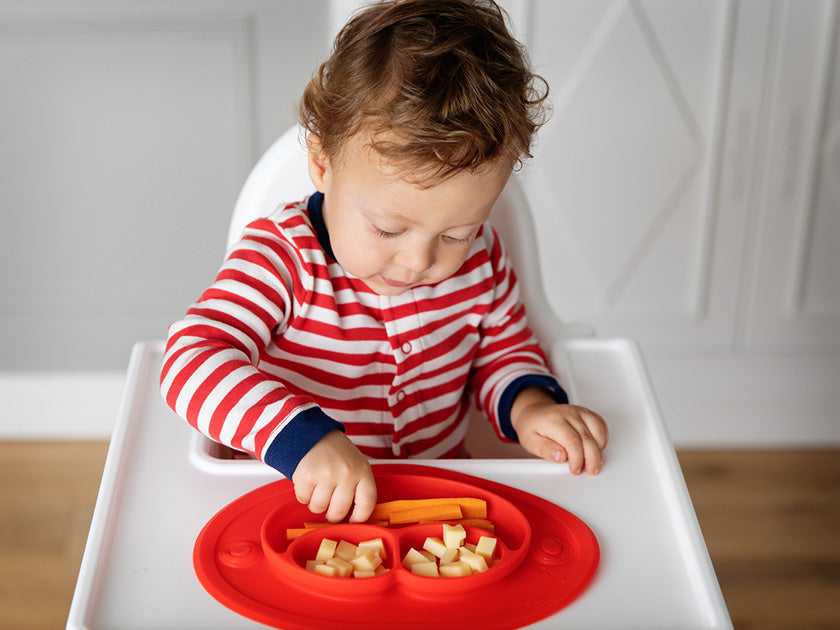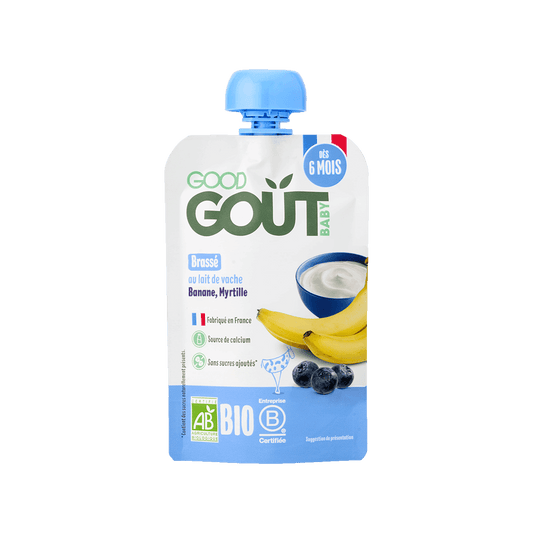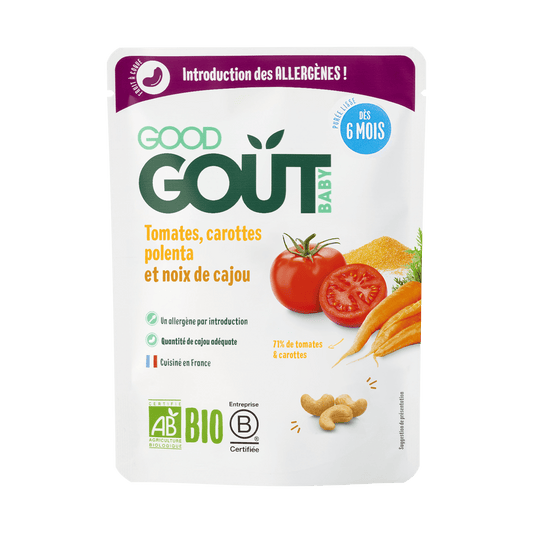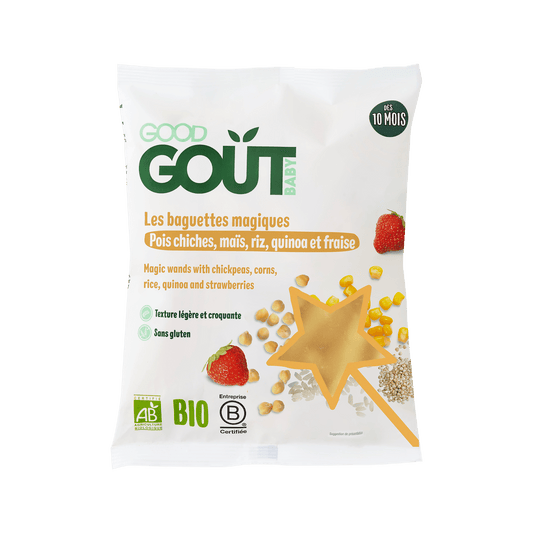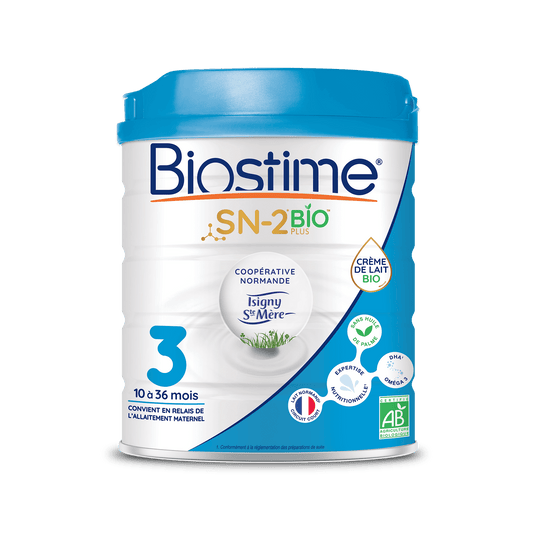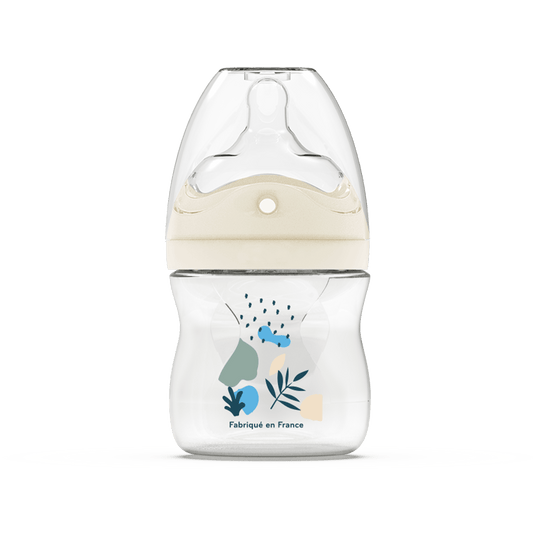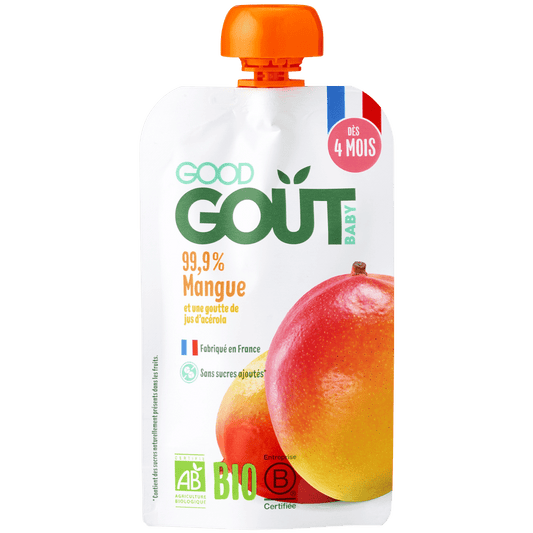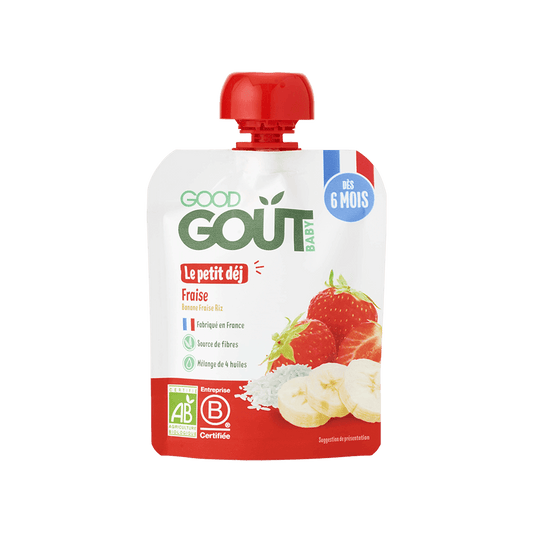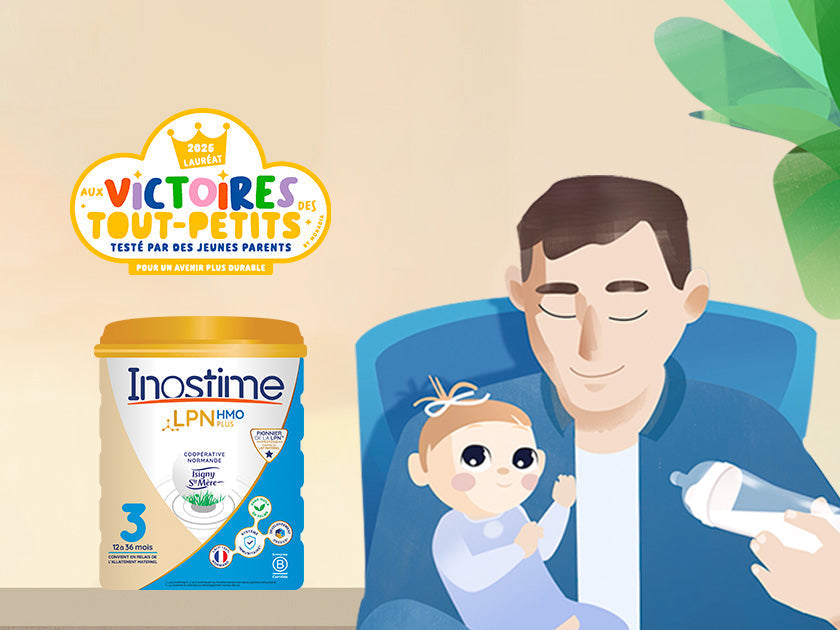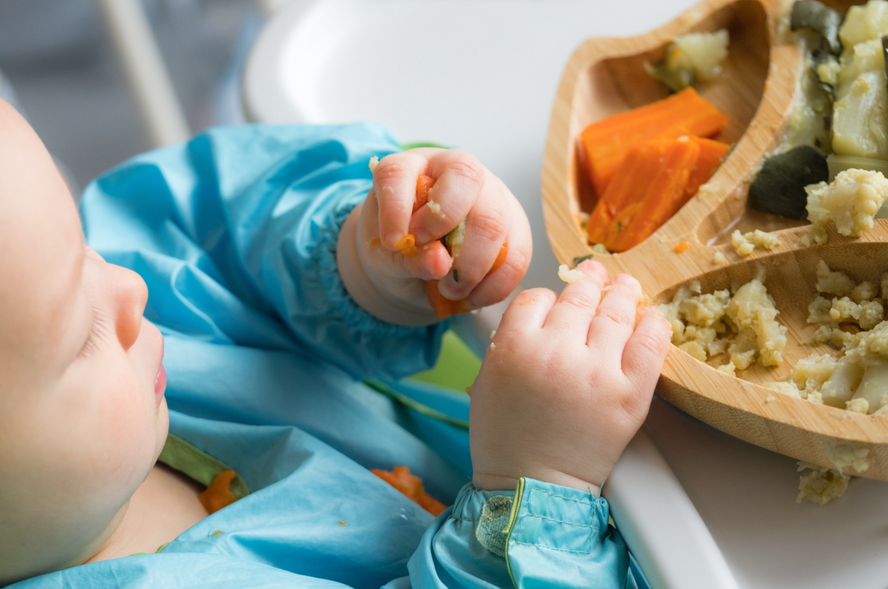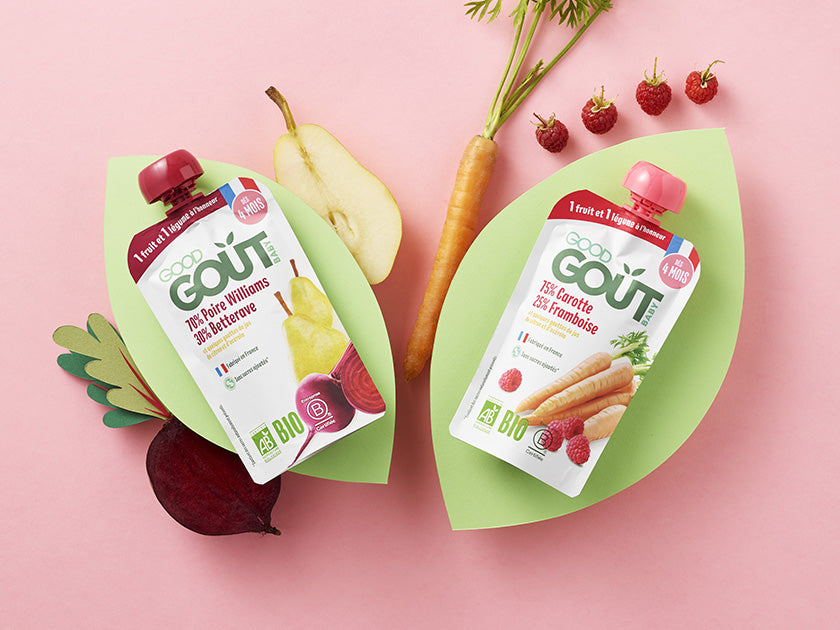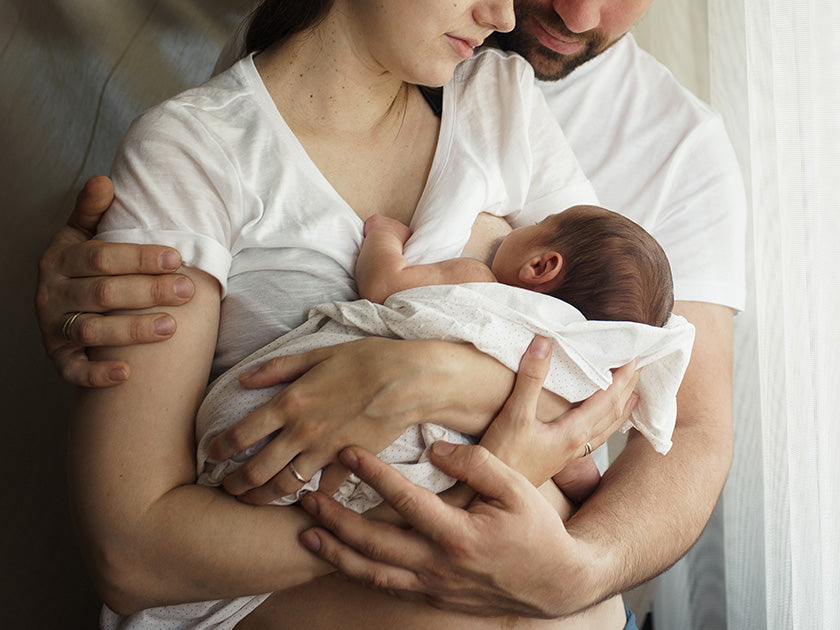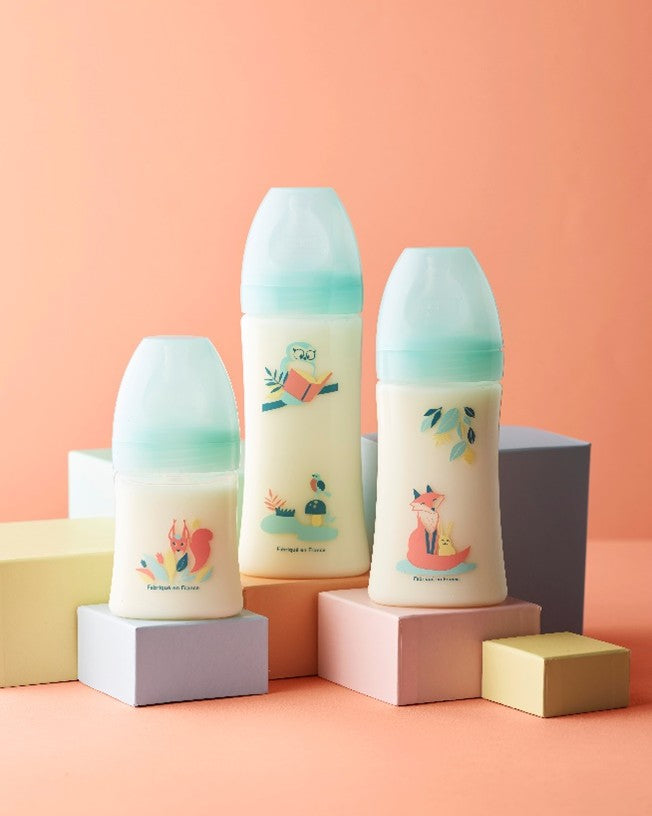Whether you love Camembert or hate cheese, one day or another you'll inevitably ask yourself this fateful question: "Is baby allowed to eat cheese?" Here's the answer on a (cheese) platter!
First, remember that weaning is an exciting step that typically begins between 4 and 6 months, under the guidance of a healthcare professional. Every baby is unique, so be sure to talk to your pediatrician to safely personalize this culinary adventure based on your little one's specific needs.
According to the recommendations of the health authorities, raw milk or raw milk cheeses should not be given (due to the risk of infection) until the age of 5, with the exception of Emmental, Comté and Parmesan . 2 Phew!
Therefore, to ensure a healthy and safe diet, it is necessary to favor CHEESES MADE FROM PASTEURIZED MILK and, as you will have understood, to prohibit cheeses made from raw milk.
From what age can babies eat cheese?
Between 4 and 6 months , you can introduce unsweetened cottage cheese and add a few touches of grated cheese to melt in the purees (Emmental, Comté or Parmesan).
From 6/8 months , you can brighten up baby's taste buds by gently introducing small pieces of soft cheese . 2
From 10 months , we can move on to serious things: thanks to their teeth, babies will be able to bite into cheese with gusto. Obviously, we will still avoid Comté 24 months of maturation. You can therefore give harder pieces of cheese that baby should be able to bite easily . The ideal is to offer baby small strips of cheese made from pasteurized milk. He will be able to grab them and discover their delicate fruity aromas for himself!
How much cheese for a baby?
Known for its fat and protein content, cheese can be a regular guest at baby's table, provided that the quantities are adjusted according to their age .
We start with 5 grams at the beginning of food diversification , 2 to 3 times per week, then we move to once a day around 9 months instead of dairy products.
After a year, you can increase to 15 or 20 grams per day , but no more! 2.3
What cheeses should not be given to babies?
While most of the cheeses on the platter appeal to baby gourmets, not all of them are suitable for them.
We avoid processed cheese before the age of 3 because it contains melting salts, additives that are not authorized for their food!
Finally, remember that raw milk cheeses , such as Reblochon, Roquefort, Salers, Brie, Picodon, Pélardon, certain Camemberts, Morbier and Mont d'Or, should not be eaten by toddlers . To enjoy these delicacies, they will have to wait until they are 5 years old. 1.4
Make a cheese out of this culinary experience with your little one and don't forget to share your cheese adventures with us :)
Important notices:
Semi-skimmed, skimmed and 0% fat dairy products are not suitable for children under 3 years old, they do not provide enough fat which is essential at this age for good development.
Dairy/cheese products are not a substitute for breast milk or infant formula.
Sources:
- https://www.fromagesaulaitcru.fr/precautions-particulieres-en-matiere-de-consommation-et-de-conservation
- Young children from 0 to 3 years old: from milk to diversification (mangerbouger.fr)
- https://www.mpedia.fr/art-donner-fromage-pour-enfant-bebe/
- https://agriculture.gouv.fr/consommation-de-fromages-base-de-lait-cru-rappel-des-precautions-prendre
